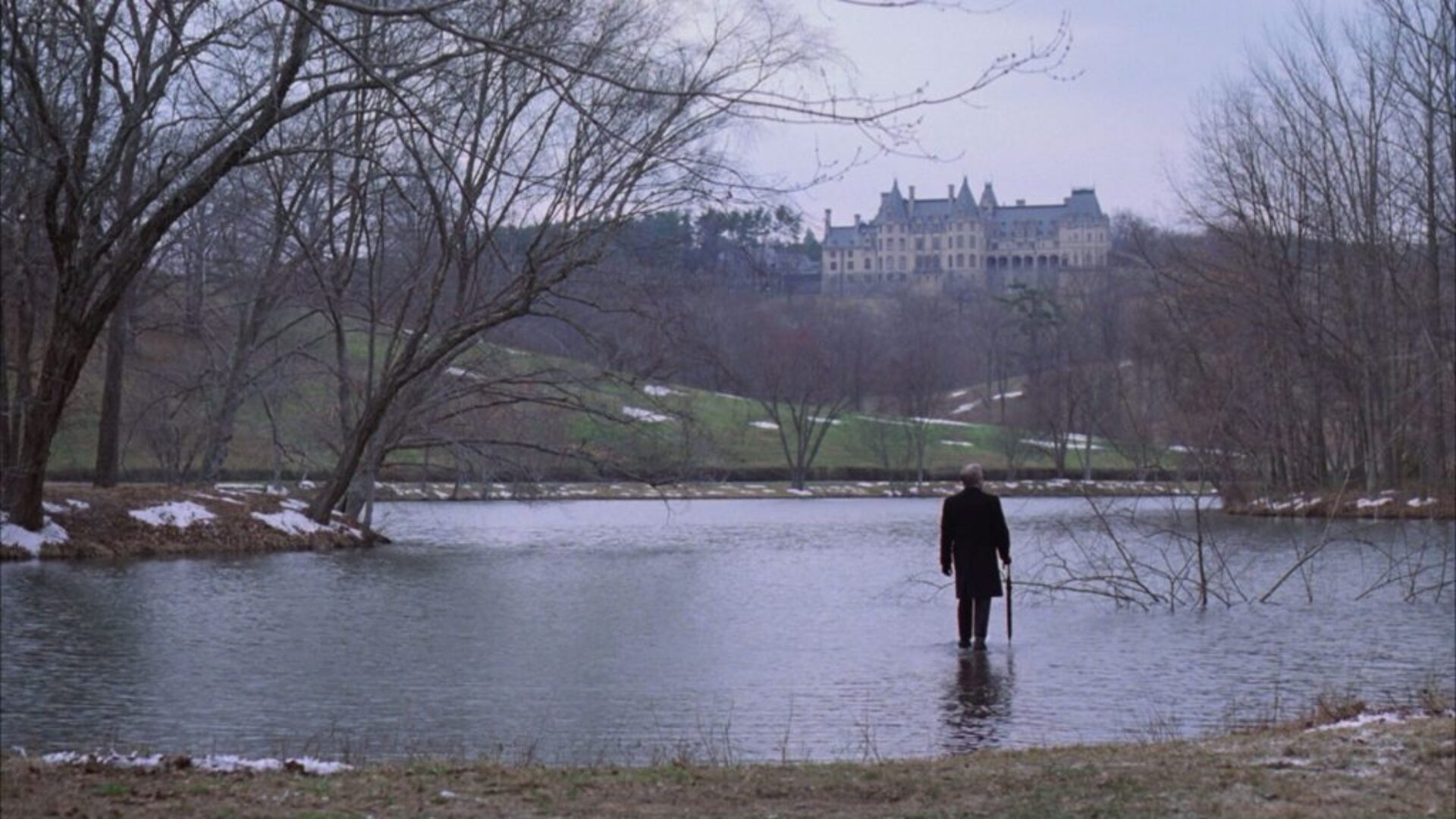
Like many children I was given a small corner of the garden to make my own. I weeded, raked and sowed seeds. I carefully placed small stones and twigs. I checked on it every day for a week, but nothing happened. Eventually, a few days later, shoots emerged from the earth – miraculous! That magic trick of germination never fails to please – I still get a thrill when seeds that I have sown turn into green shoots before my eyes. Those seedlings grow into bigger and bigger plants.
A few years ago, I had some business coaching. Many valuable ideas came from it, such as the importance of positioning, marketing strategies and especially the importance of culture, values, and purpose within a business. Yet underlying it all was the notion that a business would – indeed should – grow. Not just that it should grow, but that it should always continue to grow. Analogies like sharks ‘that never stop moving, or they die’ were trotted out. We went to a strategy day where we were encouraged to have a ‘BHAG’ – a Big Hairy Audacious Goal. Of course, this goal could be anything, but the assumption was that it would be about growth. And the business did grow. It changed in the process, which was sometimes painful, but it blossomed. The striving for growth didn’t stop – targets each year, more staff, more work… Eventually, we decided enough was enough. Almost like a traumatised escapee from a cult, we decided that we didn’t want to grow anymore – we just wanted to stay where we were – or even shrink a little, perhaps.
The business coaching world is obsessed with growth – indeed, the business world generally. But it doesn’t stop there. Our whole economic philosophy is underpinned by the idea that we must have growth. You hear it trotted out by all three of the main political parties – Sunak’s second pledge is ‘We will grow the economy…’, while Starmer’s first ‘mission’ (also of five) is to ‘Secure the highest sustained growth in the G7…’ This idea of constant growth goes back hundreds of years. In his excellent book ‘Less is More’, Jason Hickel outlines the fixes needed to allow growth to continue unhindered. Each time, the fixes become bigger and tend to exploit something external to the economy. Colonialism allowed the western nations to grow their economies. Even at a relatively modest growth rate of say 3.5% per year, the size of an economy doubles in twenty years. The trouble is, that nothing can grow for ever. We are now discovering that the limits on growth are very real – biodiversity collapse, climate chaos to mention just a couple.
It is tempting to say that economics could learn a thing or two from horticulture. Plants can only grow to the limits of their resources – the water, nutrients and light that allow their growth. Even when those are effectively unlimited, plants can only get so big before they start to collapse under their own weight. We understand this instinctively. To be fair, some economists are thinking like this – doughnut economics, circular economies and even ‘degrowth’ are taking hold in some parts of economic thinking. However, as their recent pledges show, the main parties are still thoroughly addicted to the growth drug.
I am reminded of Peter Sellers penultimate film – ‘Being There’ directed by Hal Ashby, where a simple man applies the logic of gardening and ends up advising the president. Perhaps that’s what we need now.
This piece was first published as a point of view article in the Garden Design Journal in 2023